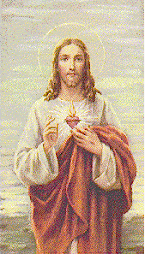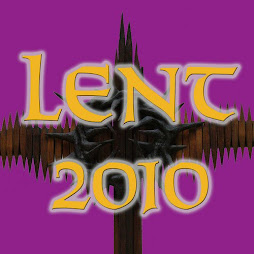Furthermore, society has the right to
defend itself against possible abuses committed on
pretext of freedom of religion. It is the special duty
of government to provide this protection. However,
government is not to act in arbitrary fashion or in an
unfair spirit of partisanship. Its action is to be controlled
by juridical norms which are in conformity with
the objective moral order.
These norms arise out of the need for effective safeguard
of the rights of all citizens and for peaceful settlement
of conflicts of rights. They flow from the need
for an adequate care of genuine public peace, which
comes about when men live together in good order
and in true justice. They come, finally, out of the need
for a proper guardianship of public morality. These
matters constitute the basic component of the common
welfare: they are what is meant by public order.
For the rest, the usages of society are to be the
usages of freedom in their full range. These require
that the freedom of man be respected as far as
possible, and curtailed only when and in so far
as necessary.
Declaration on Religious Liberty
(Dignitatis Humanae), no. 7
December 7, 1965
Reflection for Day Eleven:
The Council Fathers are well aware that, while various
religious groups are meant to live in harmony,
each accepting the equal rights of others, yet, in
reality, conflicts frequently arise between various
religions. This may be due to what a specific religion
holds concerning the nature of its own beliefs in relation
to the beliefs of other religions. While each religious
group has the right to profess that its religious
beliefs are true and that other religious beliefs are
either inadequate or contain erroneous tenets, no
religious group has the right to persecute or seek to
suppress other religious groups. Similar conflict may
arise within a religion, in which case, the cause of
the conflict does not reside in the religious belief as
such, but in a misinterpretation of those beliefs that
prompts misguided attacks on other religious groups.
Given the reality of such religious conflicts, the
Council Fathers acknowledge that the government
is responsible for keeping public order, not by taking
sides, but by enacting just laws and guarding the equal
rights of all.
What causes religious conflicts today?
Do governments always adequately respond to such conflicts?
What distinguishes “public order” (which limits
religious freedom) from an ordinary policy preference
of government (which does not)?
.
Monday, July 2, 2012
Subscribe to:
Post Comments (Atom)




























No comments:
Post a Comment